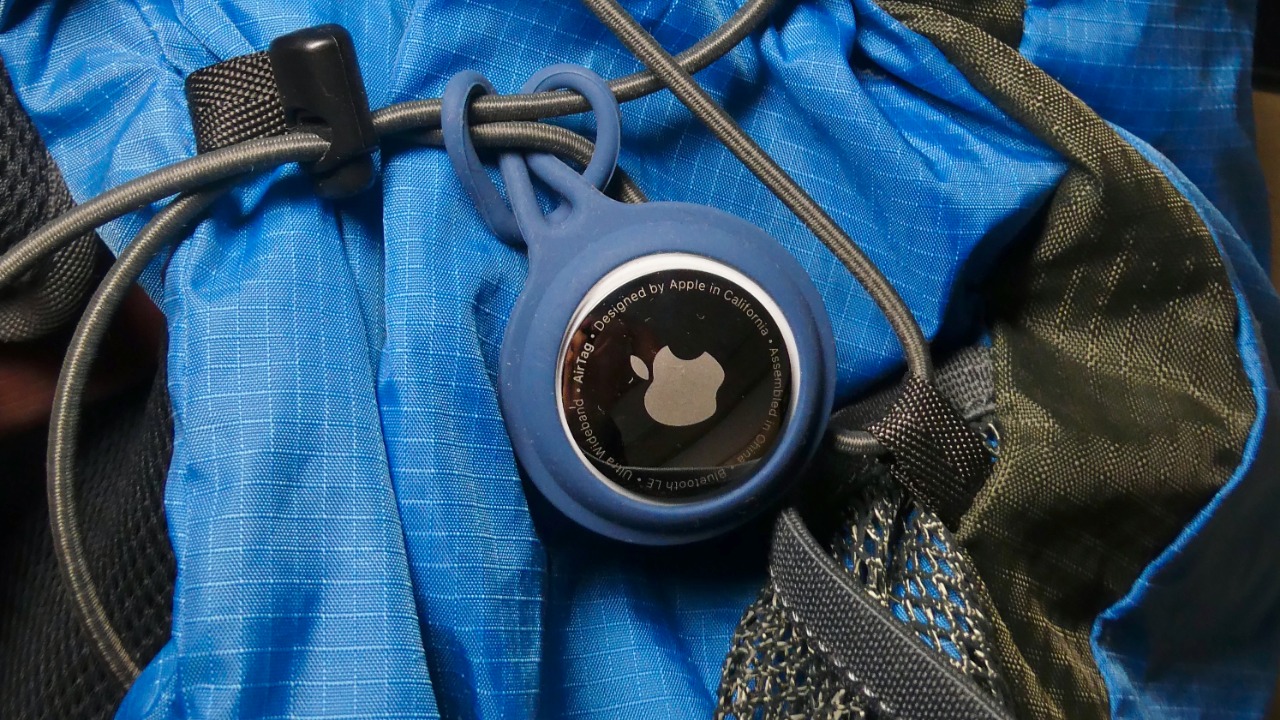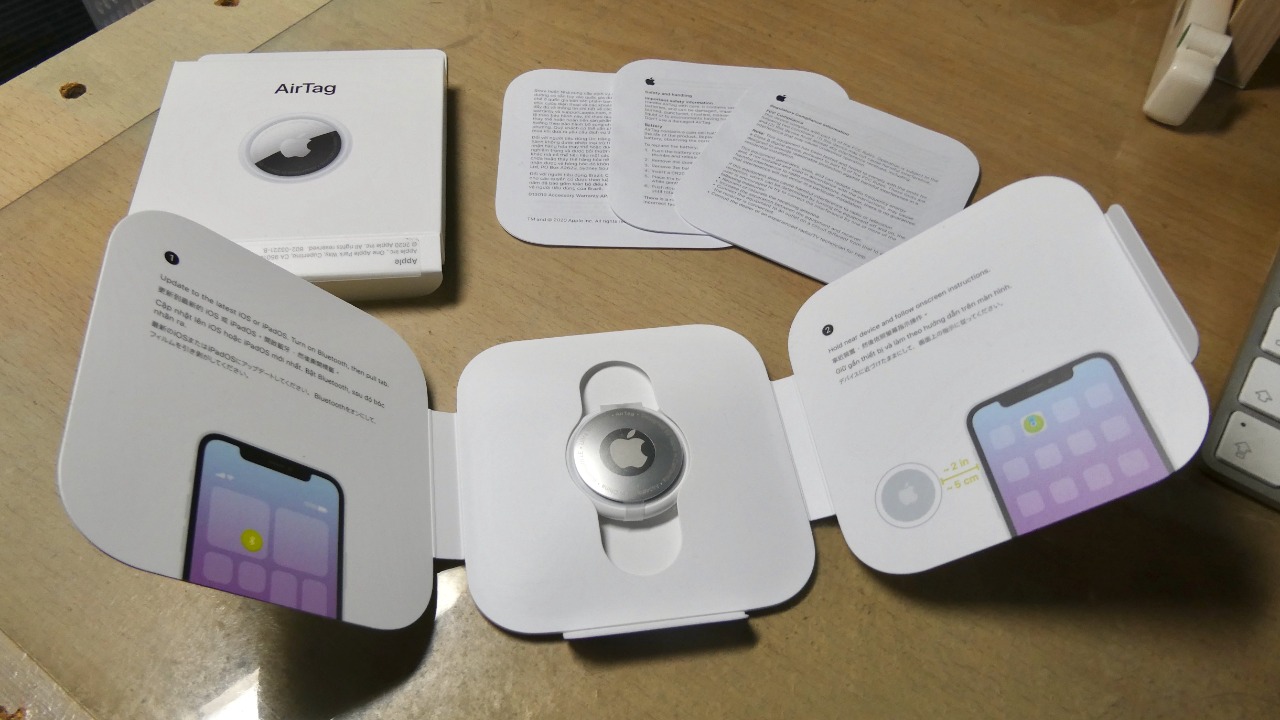
In today’s fast-paced world, keeping track of your vehicle is more important than ever. With technological advancements, two popular options have emerged: Apple’s AirTags and traditional GPS trackers. Understanding the reliability of these devices can help you decide which is best suited for safeguarding your car.
Understanding AirTags and GPS Trackers

AirTags, a creation by Apple, are small, disc-shaped devices designed to help locate lost items using the Find My network. They use Bluetooth technology to communicate their location to nearby Apple devices, which then relay this information to the network. This connectivity allows for a wide-reaching location tracking capability, thanks to the extensive range of Apple devices globally.
On the other hand, GPS trackers are devices that use satellite signals to determine and transmit the exact location of an object. They come in various forms, from plug-in devices to hardwired systems, each with its own set of features. The key difference between AirTags and GPS trackers lies in the technology used: AirTags rely on a network of devices, while GPS trackers depend on satellite connectivity for precise tracking.
Reliability of Tracking Accuracy

AirTags offer a high level of location accuracy by leveraging the vast Apple network. The shared connectivity among Apple devices ensures that an AirTag’s location can be pinpointed even in densely populated areas. However, their reliability can diminish in rural or isolated regions where fewer Apple devices are present.
Conversely, GPS trackers provide precise tracking through satellite technology, offering consistent performance regardless of the number of nearby devices. While GPS trackers are generally more accurate in open environments, factors such as tall buildings or dense foliage can interfere with satellite signals, affecting their reliability. Both systems offer substantial tracking capabilities, yet their effectiveness can vary based on environmental conditions and technological constraints.
Ease of Use and Installation

Installing an AirTag is straightforward; simply attach it to your vehicle or place it inside, and it begins working in conjunction with your Apple device. The setup process is user-friendly, designed to integrate seamlessly with the Apple ecosystem. The accompanying app provides an intuitive interface for tracking and managing your AirTags.
GPS trackers offer a variety of installation options, from professional installations to do-it-yourself kits. While professional installations ensure optimal performance, they can be costly. DIY options provide flexibility and cost savings but can require more technical know-how. The user interfaces for GPS tracker apps vary by manufacturer, with some offering comprehensive features and others focusing on basic tracking functionalities.
Security and Privacy Concerns

Security and privacy are critical considerations when using tracking devices. AirTags have built-in measures to prevent unauthorized tracking, such as notifications to nearby iPhones if an unknown AirTag is detected. Apple emphasizes user privacy, ensuring that location data is encrypted and not shared without consent.
In contrast, GPS trackers typically employ encryption and other security measures to protect data. However, these devices can be vulnerable to hacking if not properly secured. Users should be aware of legal considerations and privacy laws, which vary by region, impacting the use and deployment of both AirTags and GPS trackers.
Cost and Value for Money

AirTags present a low initial investment, with no ongoing subscription fees, making them an attractive option for budget-conscious users. Their value lies in their integration with Apple devices and the expansive Find My network, offering reliable tracking for a one-time cost.
GPS trackers, while potentially more expensive upfront, often require subscription fees for real-time tracking services. This can result in higher long-term costs but offers the advantage of more precise and reliable tracking capabilities. Evaluating the long-term value of each option depends on your specific needs, preferences, and budget considerations.